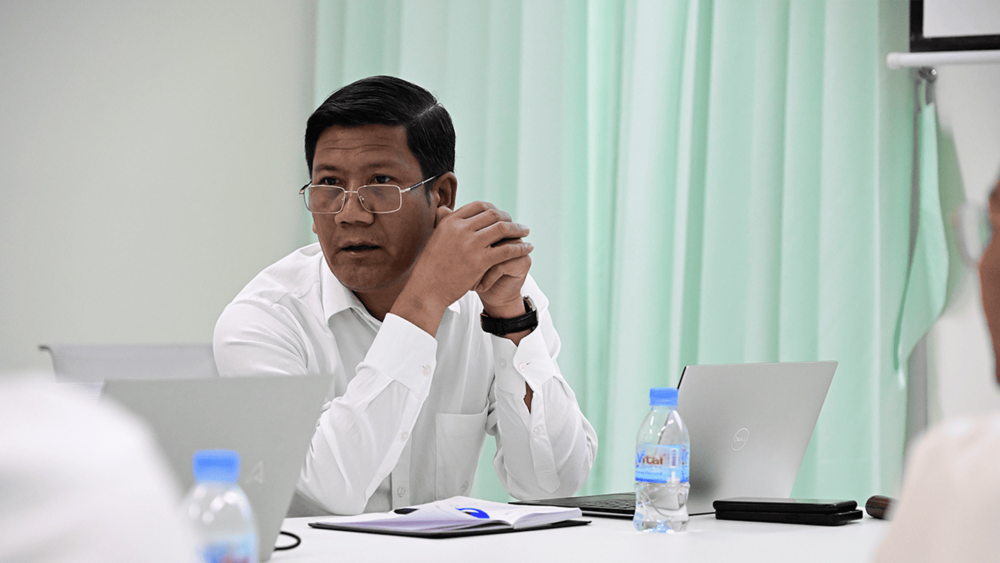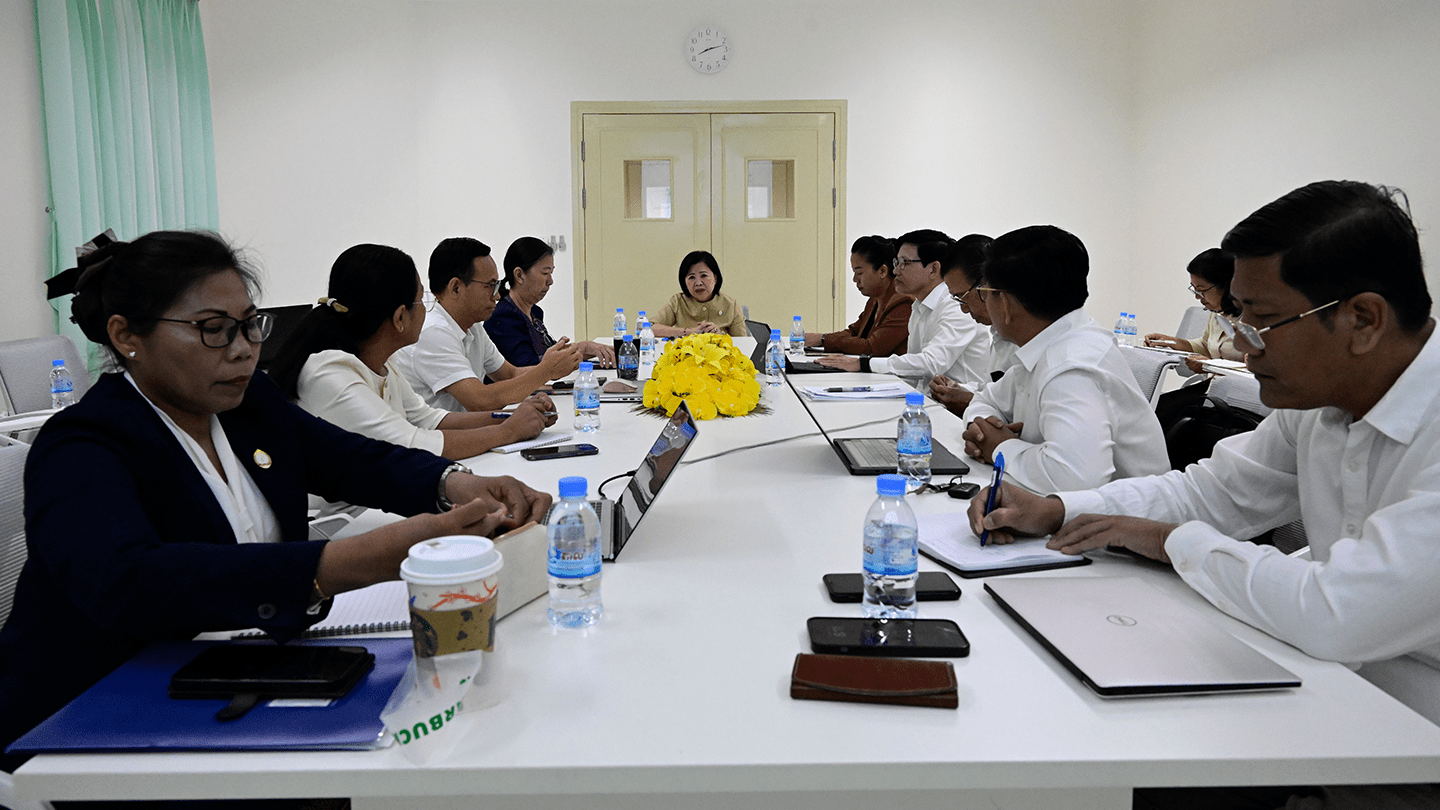Every maternal or newborn death is a tragedy, especially when it could have been prevented. In Cambodia, many of these deaths are linked to gaps in timely and quality care, referral, and management.
While the nation has made remarkable strides in some areas – with skilled birth attendance reaching an impressive 98.7 percent and neonatal and under-five mortality rates plummeting by 54 percent between 2014 and 2022, surpassing global averages and achieving Sustainable Development Goal (SDG) targets ahead of schedule – maternal mortality remains a serious concern. Currently at 154 deaths per 100,000 live births, this figure is still considerably higher than the ambitious 2030 SDG target.
To address this persistent challenge, the Ministry of Health and the United Nations Population Fund (UNFPA), with support from the Government of Australia, convened the National Maternal and Perinatal Death Surveillance and Response (MPDSR) Committee Meeting on 7 April. This meeting, chaired by Her Excellency Professor Im Sethikar, Secretary of State, involved a detailed review of two recent maternal deaths from a specific province.
The involved hospitals requested technical assistance to accurately pinpoint the underlying causes and modifiable contributing factors. This analysis utilized the widely recognized “Three Delays” framework: delay in seeking healthcare, delay in transportation to a medical facility, and delay in receiving adequate healthcare upon arrival . This structured process enabled national experts to collaboratively analyze the circumstances surrounding these deaths and develop an evidence-based, comprehensive response plan specifically tailored to prevent similar tragedies in the future.
This crucial progress has been significantly bolstered by the Maternal and Perinatal Death Surveillance and Response (MPDSR) capacity-building held in March 2025. These vital training sessions were made possible by a collaborative effort between the Ministry of Health, UNFPA Cambodia Office, UNFPA’s Asia and the Pacific Regional Office (APRO), and with partial financial support by the Australian Government. The training equipped national health leaders with practical tools and essential skills to effectively lead and support the implementation of MPDSR initiatives across the entire country.
Dr. Ros Saphath, Head of the Training Unit at the National Maternal and Child Health Center (NMCHC), shares a poignant memory that continues to fuel his dedication after nearly three decades of service:

“Many years ago, a woman with a pre-existing health condition delivered her baby at a referral hospital. Due to severe postpartum hemorrhage, she was urgently transferred to our center—but tragically, she died upon arrival. The delay in transfer and inadequate preparation for her arrival meant we were unable to save her. We deeply regret this loss.”
This heartbreaking case, like many others, served as a critical learning experience for healthcare professionals across the healthcare system. It powerfully underscores why MPDSR must be viewed not merely as a reporting exercise, but as a vital, life-saving tool and structure.
“We can not simply close these files,” emphasizes Dr. Saphath “MPDSR empowers us to thoroughly investigate the root causes of these deaths, enabling us to design more effective local response plans and ultimately improve the performance of our health staff and health quality. It is an integral part of our efforts to enhance the quality of care for mothers and newborns and significantly reduce preventable deaths in Cambodia.”
The National MPDSR Committee meeting also marked a significant step forward in the national effort to prevent the preventable maternal and newborn deaths. The Committee agreed to cascade the MPDSR approach to national and sub-national hospitals through the Ministry’s hospital alliance mechanism. This structure enables hospitals at different levels to support one another in quality improvement, creating a sustainable network for peer learning and system strengthening.
“This system supported by UNFPA is critical,” Dr. Saphath affirms. “It provides us with a comprehensive understanding of the entire cycle of mortality audits and empowers us to become trainers ourselves, effectively spreading this vital knowledge throughout the country."
H.E. Prof. Im Sethikar highlighted the strategic importance of MPDSR, stating, “MPDSR is instrumental in helping us identify the root causes of maternal and newborn deaths and directly connects evidence to concrete actions. By effectively integrating MPDSR data into national systems, we can improve policies, interventions, and resource allocation.”

Through these efforts, MPDSR is evolving from a data collection tool into a transformative, life-saving national system—one that effectively links data-driven insights to tangible actions and proactive prevention strategies. With continued support from the Ministry of Health and development partners, particularly from UNFPA, Cambodia is shifting from reaction to prevention, from data collection to real action and transformation.
The UNFPA Cambodia Office remains committed to a future where every pregnancy is safe and every birth is a celebration.
Thank You the Australian Government for your continued support and collaboration.
Thank You WHO, UNICEF, and other partners for jointly supporting this common priority.


